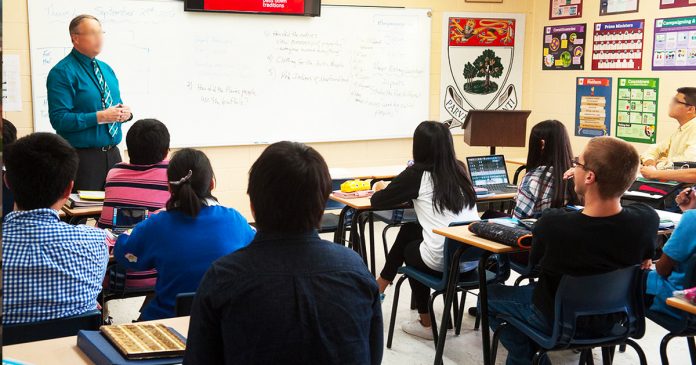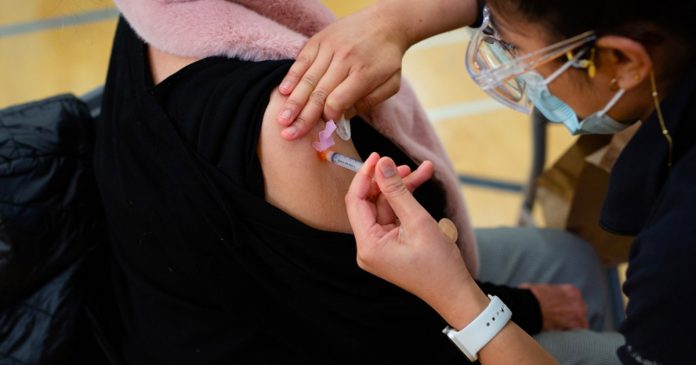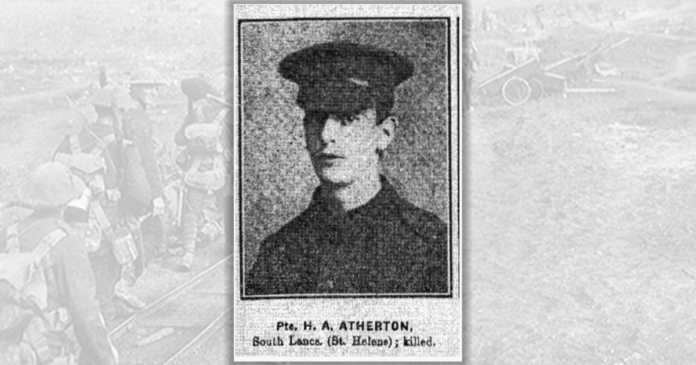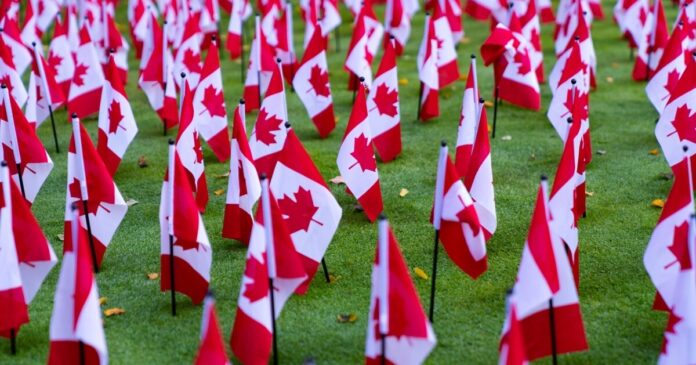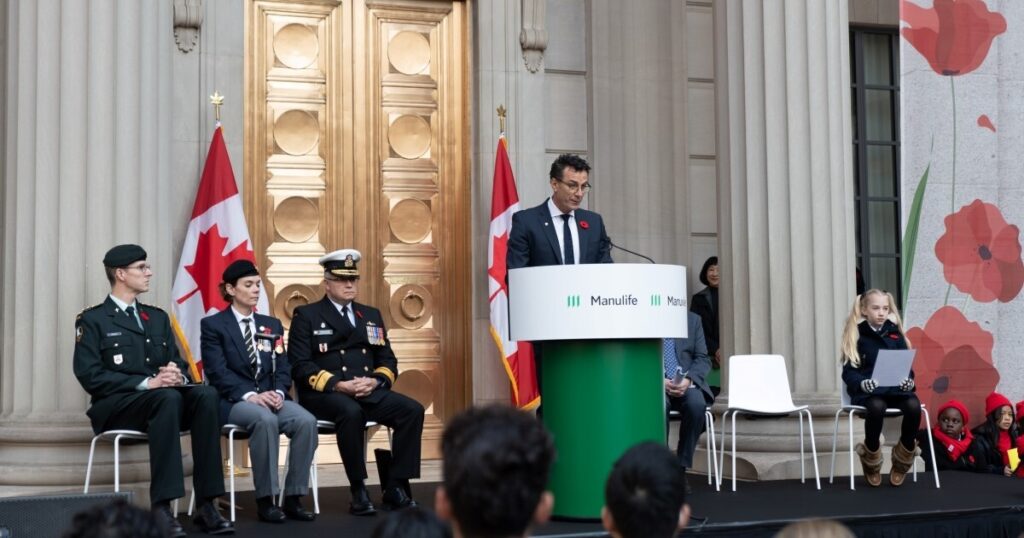Michael Zwaagstra is a public high school teacher and a senior fellow with the Fraser Institute.
In school, children should learn basic facts to help them become critical thinkers. Not only should high school graduates be knowledgeable and skillful, they should also be able to think for themselves.
While everyone generally agrees with the importance of promoting critical thinking, there’s significant disagreement over how to get there. A common sentiment in schools nowadays is that teachers should focus on social justice, which means training students to become politically active so they can change the world.
Swedish activist Greta Thunberg is a role model for many in this crowd. By skipping school to engage in “climate” strikes, Thunberg became world famous and many teachers and their unions endorsed climate strikes in Canada.
But some teachers go even further and use their classroom time to turn students into environmental activists. This can include everything from making students engage in extended “climate change” action projects to taking students to protest rallies.
This type of activism sometimes pervades entire schools. Last year, an elementary school in rural Saskatchewan posted a message on its outdoor sign stating that chemicals used in farming “hurt habitats & species.” Needless to say, this message did not go over well in the predominantly farming community. After parents chimed in with their feedback, the sign was quickly changed.
It’s not just environmental issues where politics enter the classroom. So-called “antiracist” teachers encourage students to see everything through the prism of race. Students are classified as “privileged” or “oppressed” based solely on their skin colour. Far from promoting racial equality, this type of indoctrination leads to more divisions between students.
The same is true of teachers who want everyone to think the same way about gender and sexuality. Ignoring the fact that public schools serve students from all backgrounds, including families with more traditional views, these teachers will settle for nothing less than everyone thinking the same way about these issues.
Obviously, it’s important to ensure all students including those who identify as LGBTQ+ are treated with respect. However, teachers should not pressure students to abandon their religious convictions. Classrooms should be safe for all students, not just those with progressive values.
The correct approach is quite obvious. Instead of indoctrinating students or pushing them to take a particular political or ideological position, teachers should make classrooms as neutral as possible and not push their personal views and political preferences on students.
For example, a student whose parents work in the oil sector should not be forced to attend environmental protest rallies by a teacher who opposes the petroleum industry. Similarly, students from traditional Muslim or Christian homes should not be pressured to abandon their views about sexuality, marriage and family.
There is plenty for teachers to do without pushing their opinions and values on their students. All students must learn how to read, write and acquire fundamental knowledge about science and history. None of this requires political or ideological indoctrination.
If students decide on their own to become passionate about a cause, that’s great. There’s nothing wrong with students joining environmental clubs, starting gay-straight alliances or engaging in other forms of activism. But students must be allowed to make these decisions on their own.
In the end, classrooms should be politically neutral. Teachers should provide students with the fundamental knowledge and skills they need to be successful, then let students decide for themselves what they want to do with it. In other words, teach students how to think, not what to think.
Teachers who want to be politically active should do so on their own time. Classrooms are not the place for politics.
Michael Zwaagstra is a public high school teacher and a senior fellow with the Fraser Institute.



